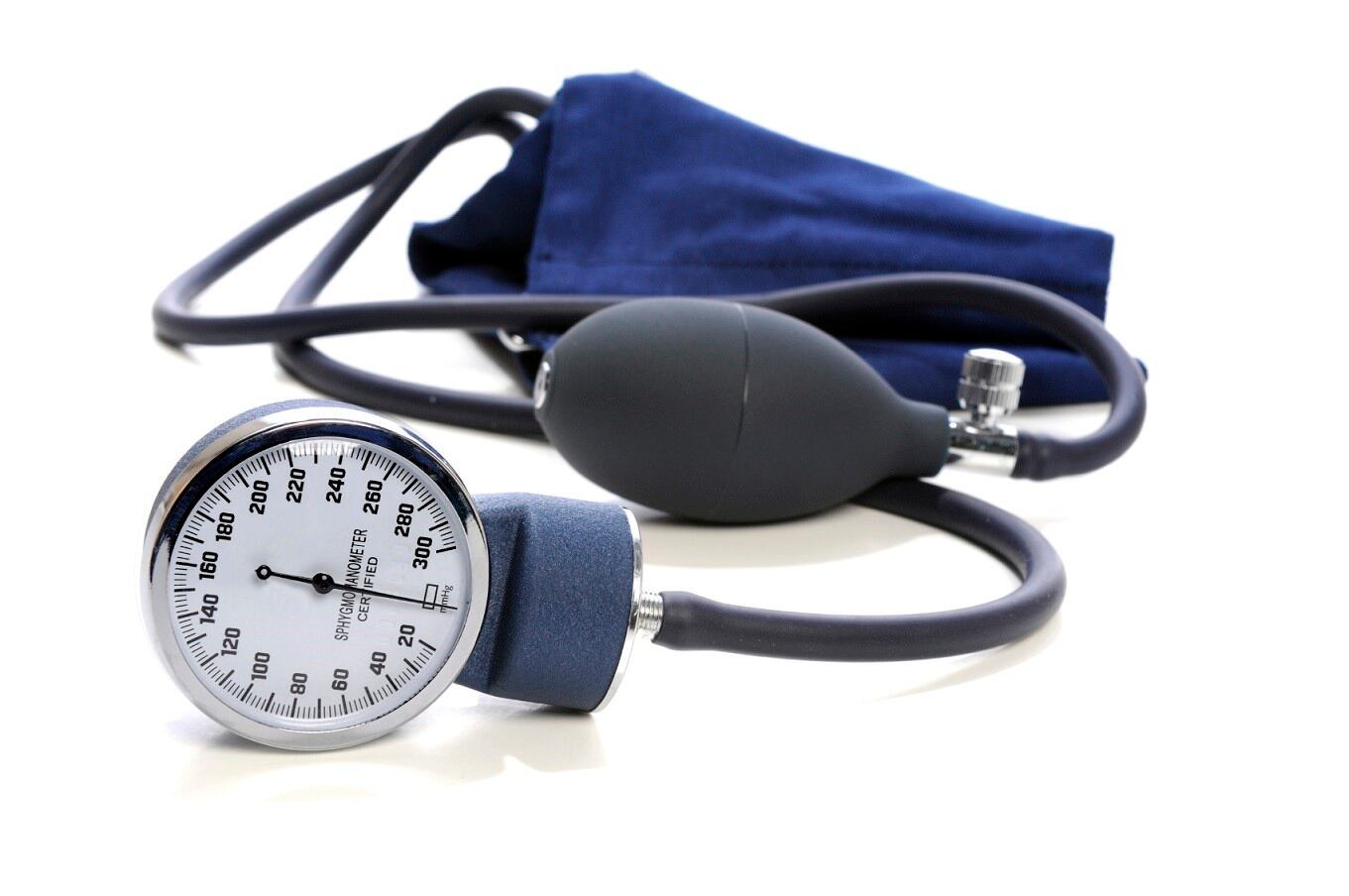Data from 1,302 participants indicated that flaxseed supplements are associated with significant reductions in both systolic and diastolic blood pressure of about 2.85 mmHg and 2.39 mmHg, respectively.
“The results obtained in the present meta-analysis – a decrease of 2.85/2.39 mmHg after flaxseed supplementation – might be valuable for the hypertension management using nutraceuticals, since Heart Outcome Evaluation study demonstrated that a 3.3/1.4 mmHg reduction was associated with a 22% decline of relative risk of cardiovascular mortality,” wrote scientists from Romania, Iran, Australia and Poland in Clinical Nutrition.
The scientists also report that supplementation for longer than 12 weeks resulted in even greater reductions in systolic and diastolic blood pressure of 3.10 mmHg and 2.62 mmHg, respectively, compared to trials of shorter duration.
Bioactives
The potential biological mechanism are not completely understood, said the researchers, but could be linked to the lignan content of flaxseed. Specifically, a lignan named SDG is known to be an angiotensin-converting enzyme (ACE) inhibitor. ACE inhibitors work by inhibiting the conversion of angiotensin I to the potent vasoconstrictor, angiotensin II, thereby improving blood flow and blood pressure.
The ALA content of flaxseed may also contribute to the potential benefits, they said. This may affect blood pressure either via its ability to reduce the activity of soluble epoxide hydrolase. “It has been shown that these pro-inflammatory oxylipins produced by soluble epoxide hydrolase are responsible for loss of vasodilatation and progression of inflammation in arterial hypertension,” they explained.
Finally, an arginine-rich protein fraction (KCl-F1) from flaxseed may also impact blood pressure.
“Therefore, the hypotensive effects of flaxseed may be caused by synergistic action of potent antioxidants as lignans or by different bioactive ingredients such as SDG, ALA or KCl-F1.”
Study details

Led by Sorin Ursoniu from the “Victor Babes” University of Medicine and Pharmacy in Romania, the researchers analyzed data from 15 trials comprising 19 treatment arms.
In addition to the general and duration-related effects of flaxseed supplementation to reduce blood pressure, the researchers also observed differences between the types of flaxseed supplementation.
Flaxseed powder supplements were found to affect systolic blood pressure (SBP) and diastolic blood pressure (DBP), whereas flaxseed oil preparations only affected DBP. On the other hand, lignan extracts was not associated with any changes in SBP and DBP, they said.
“The differences between the types of flaxseed supplement on BP (significant reduction of SBP with flaxseed powder, but not with oil and lignan extract and significant reduction of DBP with powder and oil preparations, but not with lignan extract), might be explained by some different qualities of flaxseed supplements: the quantity of fibers, the ability to induce viscosity and the effects on the bile acid metabolism,” explained the researchers.
“Further research involving well-controlled trials over at least 12 weeks are needed to study the ideal quantity of flaxseed in hypertensive patients before strong conclusions could be achieved,” they concluded.
Source: Clinical Nutrition
Published online ahead of print, doi: 10.1016/j.clnu.2015.05.012
“Effects of flaxseed supplements on blood pressure: A systematic review and meta-analysis of controlled clinical trial”
Authors: S. Ursoniu, A. Sahebkar, F. Andrica, et al.
